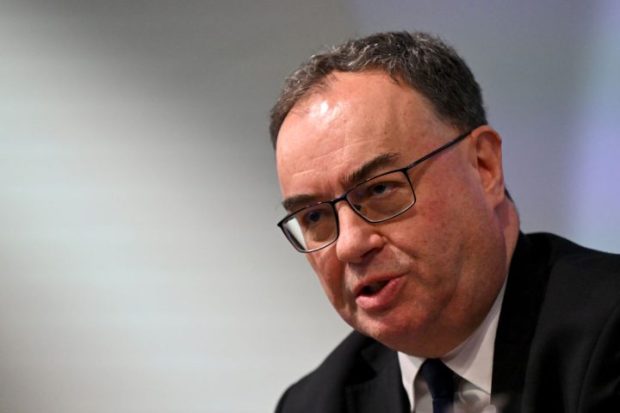Has the immigration U-turn already begun? When Home Secretary James Cleverly announced his overhaul of the legal migration system at the start of the month, it included a big crackdown on the family visa route into the UK. The Minimum Income Requirement (MIR) for a British citizen wanting to bring their foreign spouse to the UK was set to rise from £18,200 to £38,700 – a threshold thousands of pounds above the median salary in the UK.
Already a subscriber? Log in
Subscribe for just $2 a week
Try a month of The Spectator Australia absolutely free and without commitment. Not only that but – if you choose to continue – you’ll pay just $2 a week for your first year.
- Unlimited access to spectator.com.au and app
- The weekly edition on the Spectator Australia app
- Spectator podcasts and newsletters
- Full access to spectator.co.uk
Or





















Comments
Don't miss out
Join the conversation with other Spectator Australia readers. Subscribe to leave a comment.
SUBSCRIBEAlready a subscriber? Log in